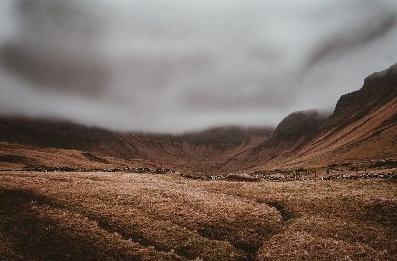
the compulsive need to prove
The voice of, "but who will like me if I don't .... " shows up as a constant need to prove our worth in order to belong. We may not consciously believe that we should have to "do stuff" to feel that we have value, but when the pressure is on, or something really matters, this core insecurity can creep into the driver's seat.

reclaiming indigeneity
At the same time, most of us can trace our ancestry to many different cultures and traditions. Being on a journey of reclaiming indigeneity frees us from centering just one. Instead, we're broadly affirming the life-supporting practices that sustained the vast majority of humanity over time. Reclaiming indigeneity invites us to illume for ourselves how these practices might come forward in this time. Our bodies and our relationship with the living planet become the authority.

what the bones know
The majority of our ancestors (regardless of how your body is racialized today) lived in reverence to the more than human world. We all come from people who engaged in ritual practices; whose somatic intelligence was intact as they moved their bodies, told stories and sang around a communal fire. Our ancestors trusted the unseen and honored these spirits, protectors, gods, goddesses, and mischief-makers.

a tale of racial imposter syndrome
In the Salt Lake City suburb where I grew up, surrounded by whiteness and conservative values, when my “friends” called me an Oreo, I thought this was a good thing. They were saying I was like them, right? White on the inside?

the risk of the self
There's a difference between fitting in and belonging. When we fit in, we're who others expect us to be. When we belong, we're who we really are.
While this distinction may feel clear to our minds, in our bodies it’s not always so straightforward.
